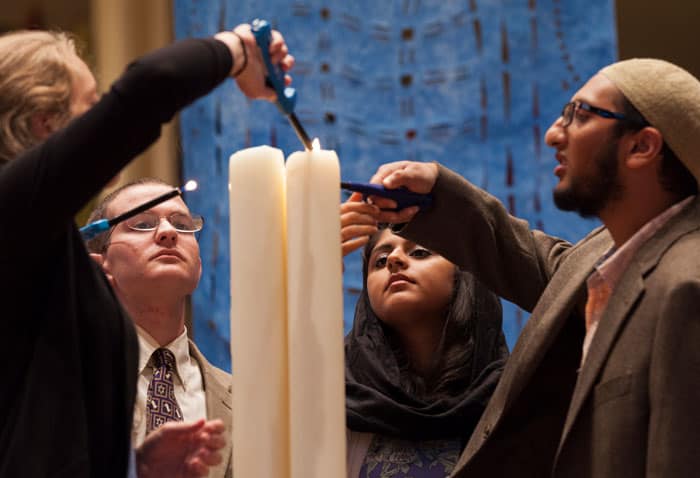2022 Season: June 25–August 28

Week One: June 25–July 2
What Should be America’s Role in the World?
In the summer of 2022, more than a year into President Joe Biden’s administration, we offer a “check-in” on the state of U.S. foreign policy and diplomacy, while looking historically to America’s role in the world. What is the current state of international relations, and what role is the United States playing on the global stage? How can our position be strengthened, and how in this century have our allies’ and enemies’ views of us changed? Exceptionalism, isolation, cooperation — what is the best path forward for our nation and our world?

Interfaith Lecture Theme: America’s Global Conscience
Looking historically at America’s almost 250-year presence on the world’s stage, this week we invite spiritual leaders to guide us in a conversation on what America’s role in the world should be as a leader of conscience and integrity. Please join us in this examination of our global conscience to discern how it guides our values and the decisions that flow from it, and informs the ways we want to lead.
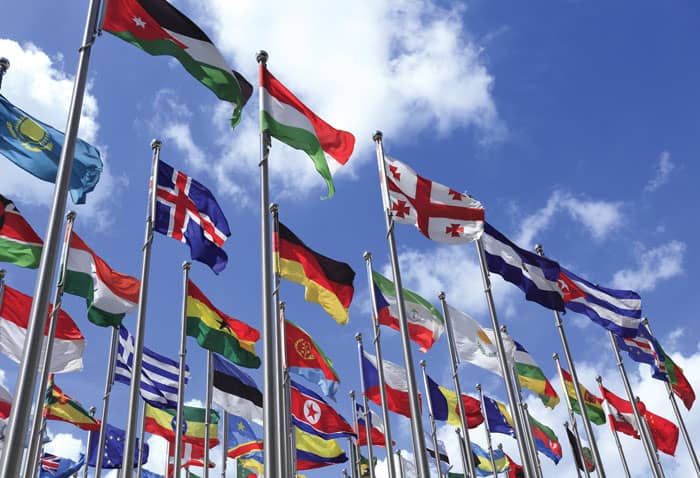
Week Two: July 2–9
The Wild: Reconnecting with Our Natural World
Since the middle of the 20th century, study after study suggests that humans have become more and more disconnected from the nature surrounding us. What are the human costs of our increasing alienation from nature, both for the individual and society? In this week we examine how this disconnect has come about, from urbanization and sprawl to our work and school lives, to the rise of digital communications. Are we in greater need of nature than ever before? What are the physical and mental health benefits we find through reconnection? We’ll consider various movements in art, architecture, education, faith and urban planning that aim to reconnect us to our natural world.
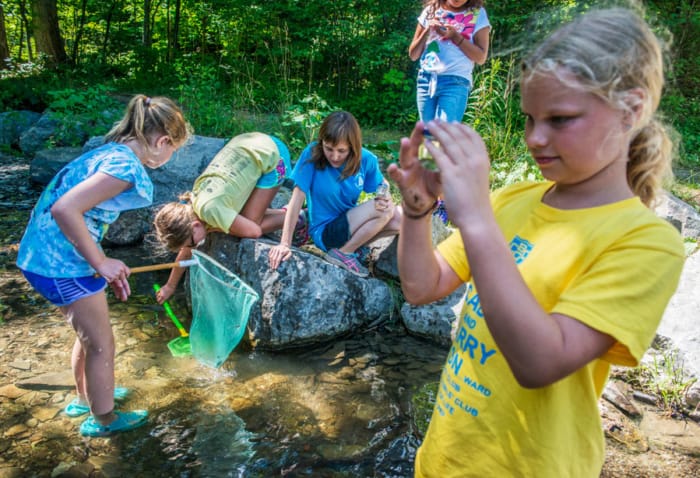
Interfaith Lecture Theme: Reconnecting with the Natural World
People and communities of faith worldwide are increasingly returning to an embrace of our spiritual-existential relationship with all of creation. At the heart of this movement is a growing realization of our natural relationship with the healing temples of trees, plants, waters and air, in interconnectedness with sun, moon and all living beings. In tandem with this returning, religion now appears to be entering a post-dualistic, Earth-based spirituality and connection with the divine, arising out of the awareness that nature is our primary holy scripture, written on our sacred earthly home. Be with us in this week as we reconnect with the divine through the natural world.
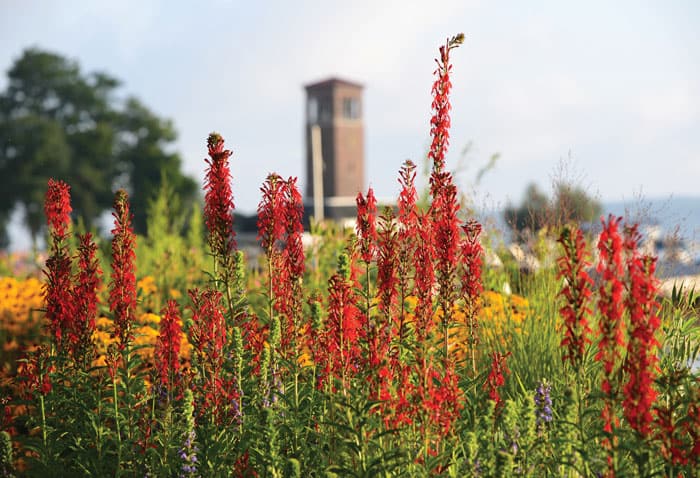
Week Three: July 9–16
The Future of Human Rights
Human rights have long been held as foundational, moral principles protected by national and international law. In this week, Chautauqua looks to the future of human rights both abroad and at home. Great strides have been made across the globe in the more than 70 years since the United Nations’ Universal Declaration of Human Rights; indeed, human rights have become central to the conversation regarding peace, security and development, and more explicit protections in international law now protect women, children, victims of torture and many other populations. There is much to be celebrated, and still much to be accomplished. What work must still be done in this critical global field, central to our ethics and morality as a human species? What newly recognized rights will shape this work going forward?
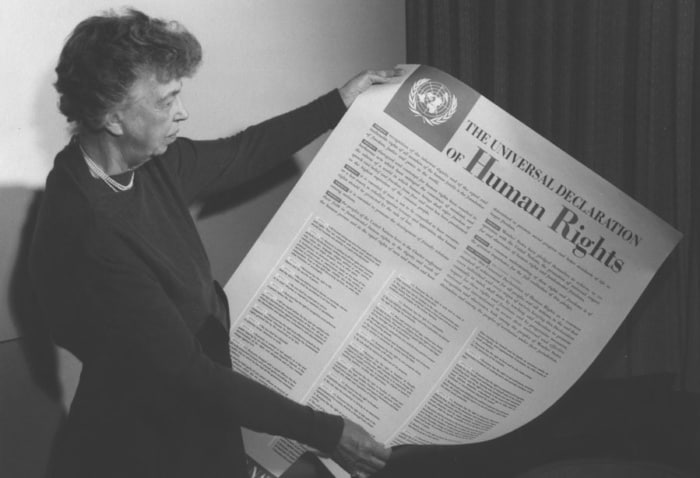
Interfaith Lecture Theme: The Spirituality of Human Rights
How did humankind come to recognize what we understand as “human rights”? In 1776 the Declaration of Independence recognized “… these truths to be self-evident, that all men are created equal, that they are endowed, by their Creator, with certain unalienable Rights.” In 1948 the UN Universal Declaration of Human Rights echoed this reality in recognizing that “the inherent dignity and equal and inalienable rights of all members of the human family is the foundation of freedom, justice, and peace in the world.” Does this recognition arise from the human psyche as manifested in the sacred scriptures of the world’s religions? From whence does it come? In this week we will seek to discern the spiritual and ethical well-spring foundations of this truth, and how to live it.
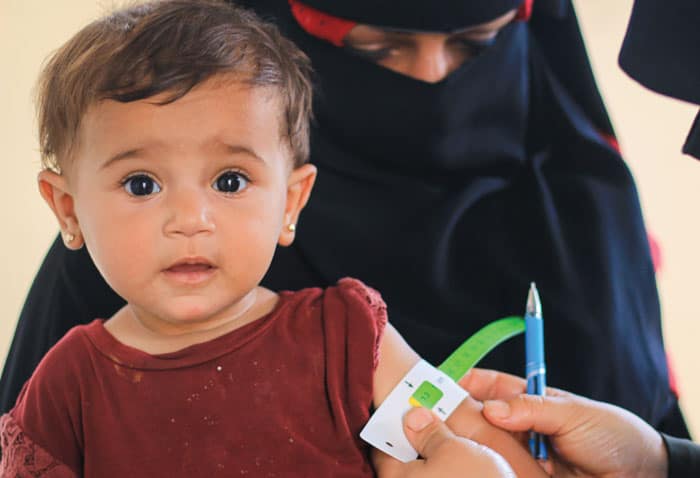
Week Four: July 16–23
The Future of History
We live our lives swimming in a vast sea of information; what will wash up on the future’s shores and be deemed our history? When data is stored in the cloud rather than compiled in physical files, when we send emails and tweets rather than letters, how do the records of today become primary sources tomorrow? There are more ways to record history than ever before, but how can those records live in a useful way for the historians of the future — or, with everyone having the technology, and thus the capability, to be their own historian, their own librarian, will a need to study history as a formal vocation even exist? Beyond the logistics of such questions, broader issues are at play: Who are the gatekeepers of our stories, and who do we trust to be stewards of our lives and memories?

Interfaith Lecture Theme: The Future of Being
Theologian Paul Tillich understood the source of the universe as an overflowing and evolving expression of “divine love,” the very “ground of being.” As the universe and all creation continue to evolve into a changing and unknown future, in this week we ponder how our understanding of “being” — both human and divine — might also evolve to reveal more consciously a new experience of what we now simply call “life”? Together we will ask how this evolution might change the way that we will think about everything, and then how we will be, and then what we will do.

Week Five: July 23–30
The Vote and Democracy
In the first months of 2021, hundreds of bills have been introduced in state legislatures aimed at restricting, expanding and protecting voting access for millions of Americans. Following the 2020 election, what is the state of the American franchise? Is our system truly one person, one vote, and how can we ensure that every eligible voter has access to the polls, and that the vote is trustworthy and secure — particularly from the threat of foreign intervention? We’ll also examine what distinguishes America’s elections, especially the state-by-state approach to navigating and employing systems of voting, and carrying out mandatory redistricting following the 2020 census.
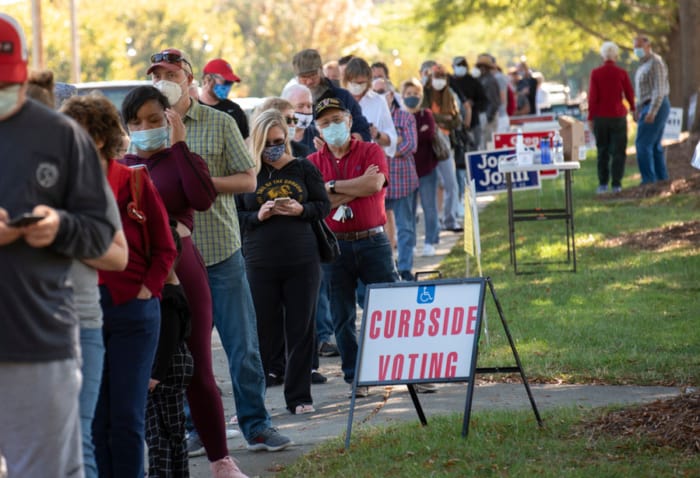
Interfaith Lecture Theme: The Ethical Foundations of a Fully Functioning Democracy
Building upon work begun in 2021, the Interfaith Lecture Series again shines a light on Socrates and his student Plato, who entered the discourse on ethics by way of a question that became central in Greek thought and is still relevant today: What is the relation between virtue, excellence of character, and a functioning society that provides for personal and societal happiness? For the flourishing of a democracy, as in “demos/the people,” the Greek philosophers believed in reverence and justice, as well as the objectivity of goodness, as the links for knowing what is good and doing it. In this week we will discern the ideal ethical foundations of a system of government by a population that believes in reverence for life and justice.
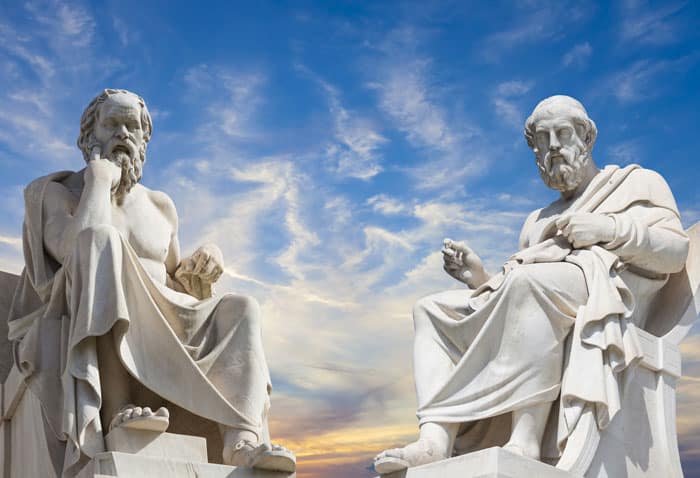
Week Six: July 30–August 6
After Dark: The World of Nighttime
What happens to us and our world after the sun goes down each day? From our homes and cities to flora and fauna, each night brings with it a markedly different landscape than the daylit one that preceded it. Nighttime is full of contradictions: It provides cover for all manner of illicit activity but also for safely creating community; it is the domain of both heroes and villains in our favorite cultural touchstones; it is a period many of us spend largely unconscious yet during which our brains are ablaze with creative energy; it engenders paralyzing fear and also incredible beauty. It’s a critical period every day for our economies, including for nightshift workers, and provides essential protection and opportunities for many in the animal kingdom. In the summer of 2022, we look to understand the mysteries of nighttime and, through a variety of other programs on the grounds this week, celebrate the possibilities of Chautauqua after dark.
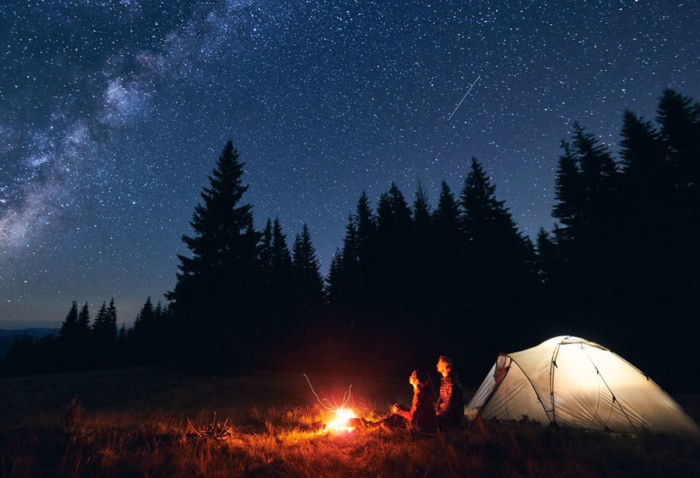
Interfaith Lecture Theme: Embracing the Dark: Fertile Soul Time
Dark Night of the Soul is a poem by the 16th-century Spanish mystic and poet St. John of the Cross that narrates the journey of the soul to mystical union with God, the Unknowable. Life, however, often leads us into darkness and fear, and to a feeling of failure and the notion of impossibility. Can we contend with these forces by seeking out ancient wisdom, light within our souls, and mystical renewal, both spiritual and secular? In this week we will look to contemporary wisdom teachers to show us how to embrace the dark as fertile soul time, for renewed hope and trust.
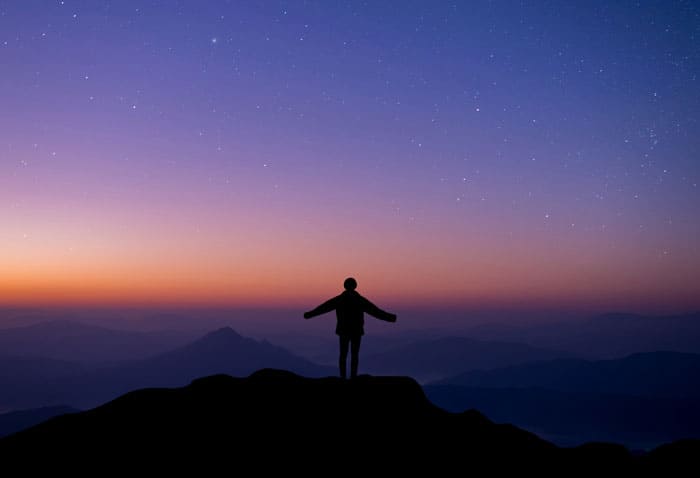
Week Seven: August 6–13
More than Shelter: Redefining the American Home
What is the 21st-century American home? Home ownership has long been considered part and parcel of the American Dream, but trends are rapidly shifting: More and more homes are multi-generational, rentals are up and home ownership is down, and gentrification persists while the nation’s unhoused population is increasing. We are also redefining the idea of “home” — it can be a house, an apartment, a tiny home, a trailer, an RV — and this redefinition in many ways is driven by forces both in and out of our control. How can urban planning, banking practices, and local policies move the needle in creating a sustainable market in which everyone is able to have a home of one’s own and of one’s choosing?
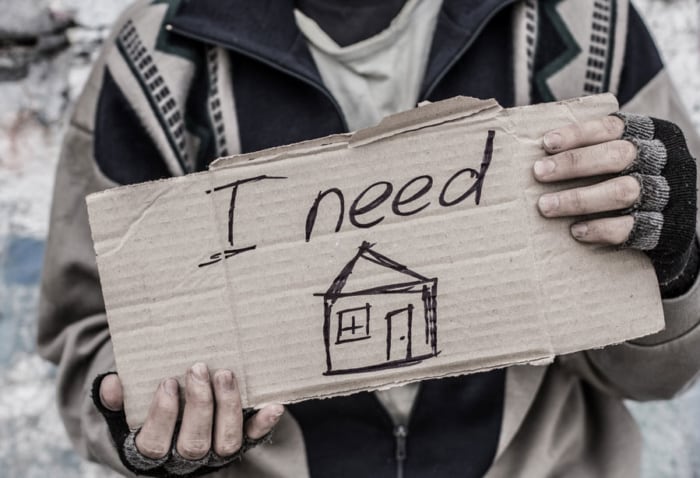
Interfaith Lecture Theme: Home: A Place for Human Thriving
“Home is where the heart is” is a sentiment that has been repeated for over a hundred years, known to mean where our loved ones are. In reality it is also the place wherein “family” in many forms and contexts is created, wherein each member can thrive if the nurturing elements of shelter, security, caring, nutrition, and felt love are present. In this week we will look at the essentiality of “home” from multiple perspectives and insights, and perhaps to see more clearly into our own lives and histories.

Week Eight: August 13–20
New Profiles in Courage
In Partnership with Darren Walker, President of the Ford Foundation
It’s been more than 60 years since then-Senator John F. Kennedy published Profiles in Courage, a collection of short biographies detailing acts of bravery and integrity. The book went on to win a Pulitzer Prize, and the John F. Kennedy Profile in Courage Award™ is still awarded every year. Now, two decades into the 21st century, we reflect on the historical rewriting of narratives of courage; consider how one defines and exercises courage in all the complexity of today’s culture; and ask what keeps us from making the courageous choice. In a week of programming curated in partnership with Darren Walker, President of the Ford Foundation — and through a series of candid lectures and conversations — we look across disciplines to explore where and how we find courage in our world, and in ourselves.
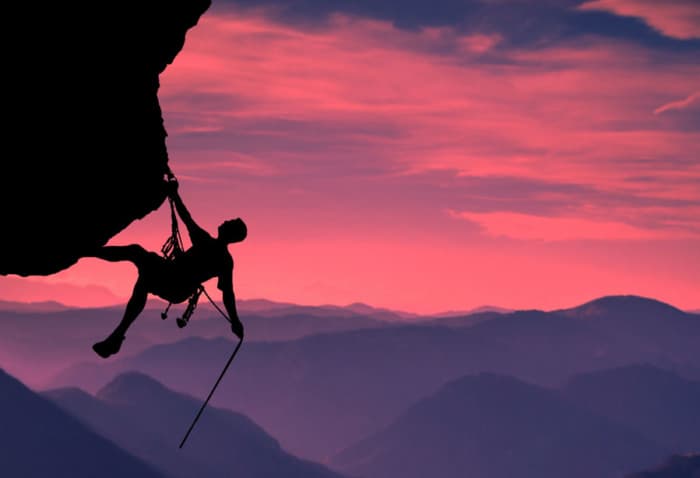
Interfaith Lecture Theme: New Profiles in Courage
Courage is often assigned to acts of heroism or is included in soaring national rhetoric about leaders in extraordinary times, but some of the most profound examples of courage come through in the adherence to the morals, values and ethics found in the world’s many religious traditions. In this week, Chautauqua links the Chautauqua Lecture Series and Interfaith Lecture Series to explore the broad range of courageous voices shining a light on the path ahead for a world too often described as divided.

Week Nine: August 20–28
A Vibrant Tapestry: Exploring Creativity, Culture, and Faith with Smithsonian Folklife Festival
There is no one story, no single author of our identity or single tradition that defines us. A great blending of cultures and peoples has made and shaped America, like a tapestry with its many hues, textures and layers woven together. In this week, we welcome a diverse line-up of multi-disciplinary folk artists, including The Avett Brothers for morning and evening Amphitheater programs. Together, we’ll trace the threads of the American tapestry in search of the origins, evolution and impact of our country’s music and culture.
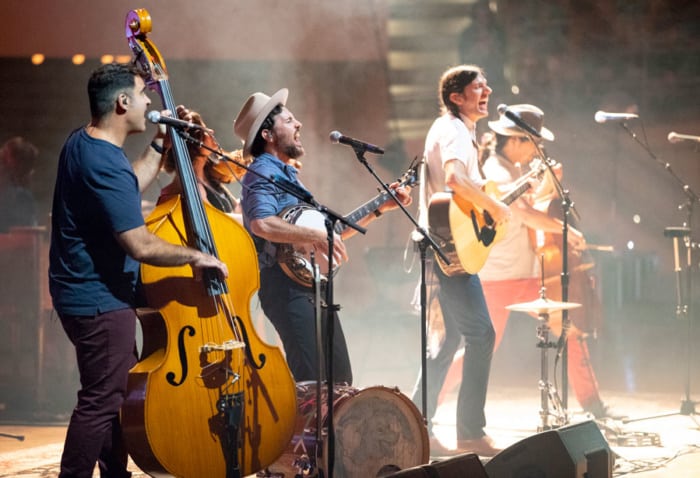
Interfaith Lecture Theme: Faith and the Tapestry of the Future
In Partnership with the Smithsonian Folklife Festival
Despite the “separation of church and state,” Americans have often turned to diverse religious, spiritual and ethical traditions for inspiration and illumination about the meanings and possibilities of the collective life of this nation. The United States in 2026 will celebrate its 250th anniversary. As this auspicious moment approaches, it provides an occasion to glance backward at what American has been. It also offers an inspiring opportunity to gaze forward — to imagine what America might be. In this week, through a creative partnership, two venerable American institutions invite influential leaders from America’s diverse traditions to muse on what the United States might become if it governed itself not by mean-spirited partisan politics but rather by morally centered principles and practices.
